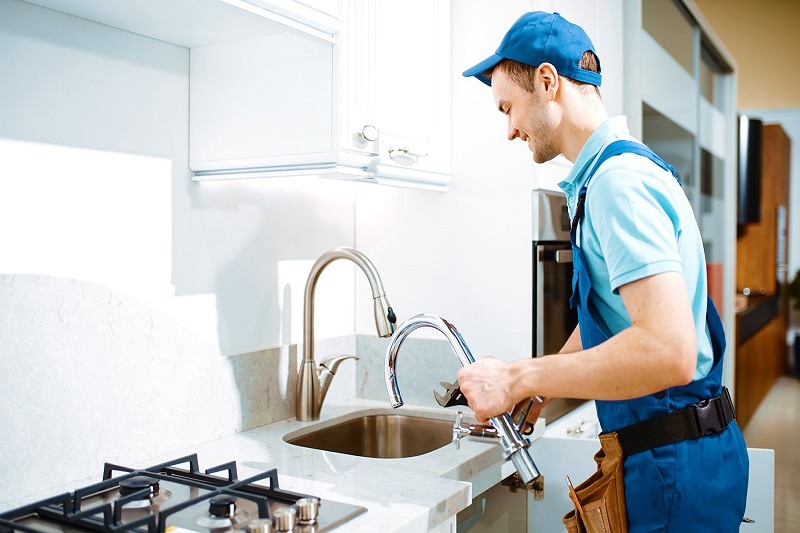
Plumbers are essential workers in many communities. They install, repair, and maintain pipes, fixtures, and other plumbing equipment in residential and commercial buildings. Plumbers may also operate in industrial environments, where they assist in maintaining huge systems like water treatment plants and other expansive industrial buildings. Becoming a plumber requires specialized training and knowledge, but the process is not overly complicated or time-consuming.
What is Involved in Becoming a Plumber?
Becoming a plumber is not a complicated process; however, it does require a certain level of education and experience.
- The first step to becoming a plumber is to enrol in a plumbing apprenticeship program. These programs are offered by a variety of trade schools, community colleges, and vocational schools.
- During the apprenticeship program, aspiring plumbers will learn about the basics of plumbing, including how to install and repair pipes, fixtures, and other plumbing equipment.
- Depending on the program and the laws of the state, apprenticeships normally run between two and four years. In addition to completing an apprenticeship program, aspiring plumbers may also need to complete a plumbing certification program.
- This certification program will teach them the necessary skills and knowledge they need to become a professional plumber. Certification programs typically last between six months and one year, depending on the program and the state’s requirements.
- In some states, plumbers may also need to obtain a license in order to practice as professional plumbers. State-specific licensing requirements can entail attending additional classes and examinations.
How Long Does it Take to Become a Plumber?
The amount of time it takes to become a plumber depends on various factors, including the length of the apprenticeship program and the certification program.
An apprenticeship program, a certification program, and any further licensing requirements the state may have must all be finished during this time by prospective plumbers. In some cases, it may be possible to become a plumber in a shorter amount of time.
For example, some states may offer accelerated apprenticeship programs that can be completed in a shorter amount of time. Additionally, some states may allow plumbers to take certification exams without completing a certification program.
How to Choose the Best Plumber
When it comes to plumbing, it’s important to hire the right person for the job. After all, plumbing issues can be complicated and expensive to fix. It is crucial to understand how to select the ideal plumber because of this.
Fortunately, there are a few steps you can take to make sure you hire a reliable, trustworthy professional.
- Conduct Research
This means taking the time to look up different plumbers in your area, reading reviews, and researching their credentials. There are a few crucial things you should check for while vetting potential plumbers.

- Get Recommendations
If you’re having trouble finding the right plumber, you can always ask friends, family, and neighbours for recommendations. Chances are, someone you know has had a plumbing issue and can provide you with some insight into the best plumbers in the area.
- Check Credentials
Once you’ve narrowed down your list of potential plumbers, it’s time to check their credentials. This entails confirming the plumber's competence and credentials, as well as making sure they are insured and licensed. This will give you an idea of the plumber’s work quality and customer service.
- Evaluate Cost
When selecting a plumber, it’s important to consider the cost. While you shouldn’t always choose the cheapest option, you should make sure you’re getting the best value for your money. Additionally, keep in mind that superior quality isn't always associated with the lowest price. It’s important to make sure you’re getting a fair price for the job and that the plumber is providing the best possible service.
- Ask Questions
This will help you better understand the plumber’s experience and the quality of their work. You should also make sure to ask about the plumber’s warranty.
Conclusion
Becoming a plumber requires specialized training and knowledge, but the process is not overly complicated or time-consuming. The average time to become a plumber is three to five years. During this time, aspiring plumbers will need to complete an apprenticeship program, a certification program, and any additional licensing requirements the state may have.